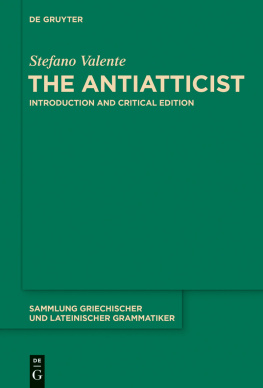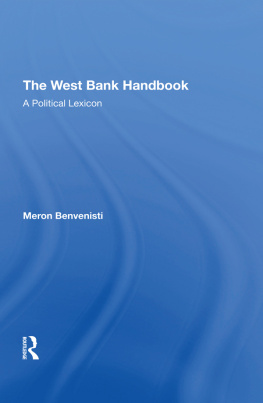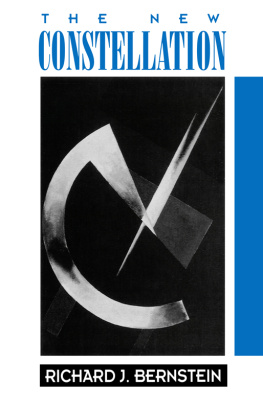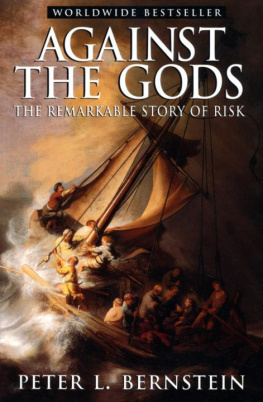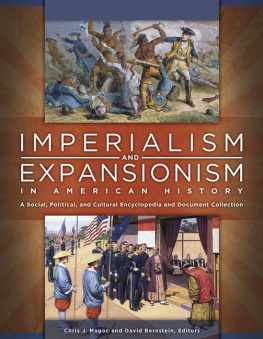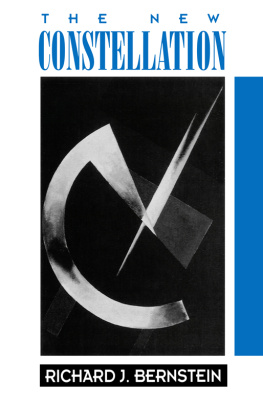J. M. Bernstein - Political Concepts: A Critical Lexicon
Here you can read online J. M. Bernstein - Political Concepts: A Critical Lexicon full text of the book (entire story) in english for free. Download pdf and epub, get meaning, cover and reviews about this ebook. year: 2017, publisher: Fordham University Press, genre: Religion. Description of the work, (preface) as well as reviews are available. Best literature library LitArk.com created for fans of good reading and offers a wide selection of genres:
Romance novel
Science fiction
Adventure
Detective
Science
History
Home and family
Prose
Art
Politics
Computer
Non-fiction
Religion
Business
Children
Humor
Choose a favorite category and find really read worthwhile books. Enjoy immersion in the world of imagination, feel the emotions of the characters or learn something new for yourself, make an fascinating discovery.

- Book:Political Concepts: A Critical Lexicon
- Author:
- Publisher:Fordham University Press
- Genre:
- Year:2017
- Rating:3 / 5
- Favourites:Add to favourites
- Your mark:
- 60
- 1
- 2
- 3
- 4
- 5
Political Concepts: A Critical Lexicon: summary, description and annotation
We offer to read an annotation, description, summary or preface (depends on what the author of the book "Political Concepts: A Critical Lexicon" wrote himself). If you haven't found the necessary information about the book — write in the comments, we will try to find it.
Political Concepts: A Critical Lexicon — read online for free the complete book (whole text) full work
Below is the text of the book, divided by pages. System saving the place of the last page read, allows you to conveniently read the book "Political Concepts: A Critical Lexicon" online for free, without having to search again every time where you left off. Put a bookmark, and you can go to the page where you finished reading at any time.
Font size:
Interval:
Bookmark:
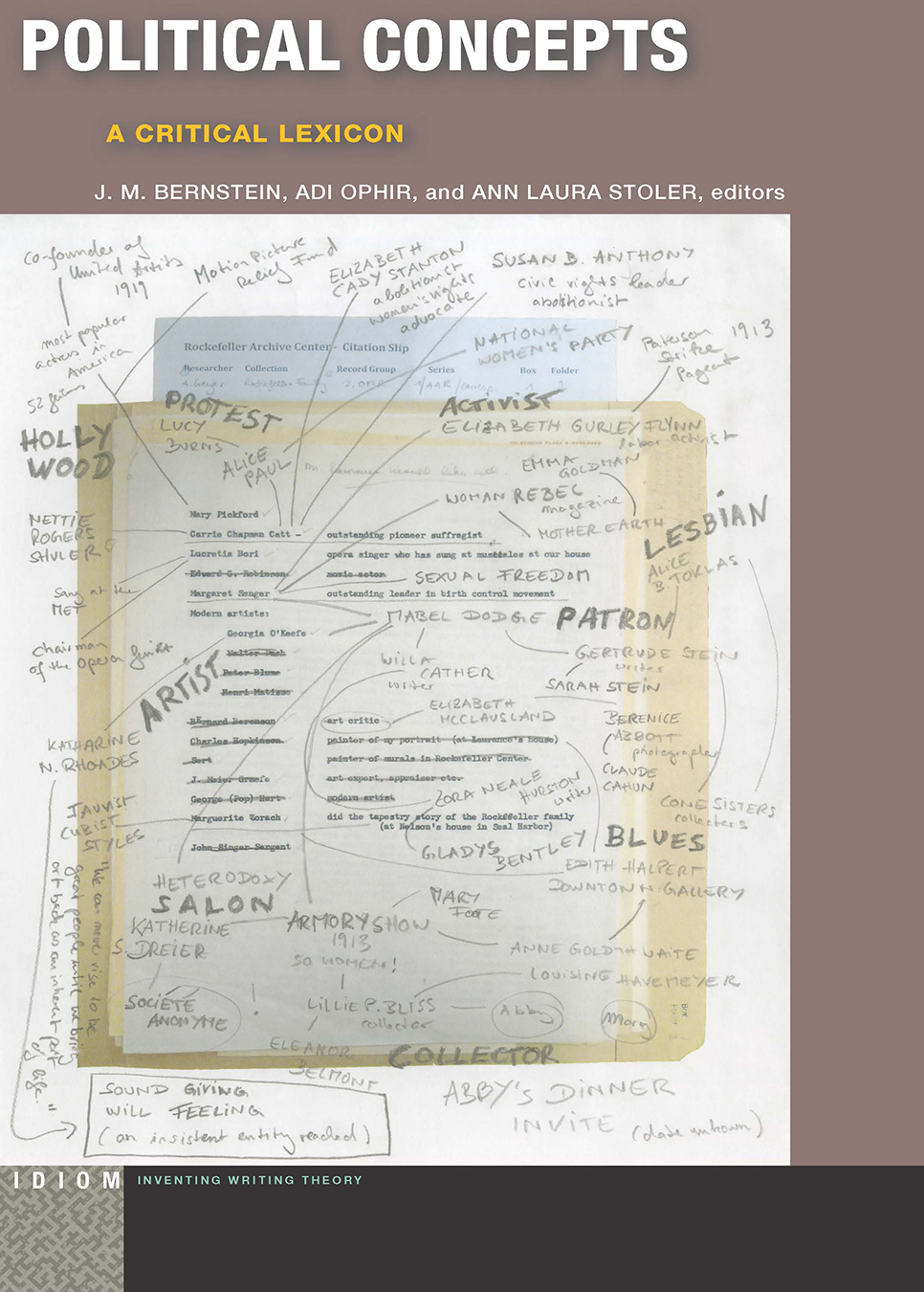
Political Concepts

Political Concepts
A Critical Lexicon
J. M. Bernstein, Adi Ophir, and Ann Laura Stoler, Editors
Fordham University Press New York 2018
Copyright 2018 Fordham University Press
All rights reserved. No part of this publication may be reproduced, stored in a retrieval system, or transmitted in any form or by any meanselectronic, mechanical, photocopy, recording, or any otherexcept for brief quotations in printed reviews, without the prior permission of the publisher.
Fordham University Press has no responsibility for the persistence or accuracy of URLs for external or third-party Internet websites referred to in this publication and does not guarantee that any content on such websites is, or will remain, accurate or appropriate.
Fordham University Press also publishes its books in a variety of electronic formats. Some content that appears in print may not be available in electronic books.
Visit us online at www.fordhampress.com .
Library of Congress Cataloging-in-Publication Data available online at https://catalog.loc.gov .
Printed in the United States of America
20 19 18 5 4 3 2 1
First edition
Contents
Stathis Gourgouris
Gil Anidjar
Ann Laura Stoler
Adi Ophir
Andreas Kalyvas
Gayatri Chakravorty Spivak
tienne Balibar
Jean L. Cohen
Akeel Bilgrami
J. M. Bernstein
Joan Copjec
Jacques Lezra
Political Concepts
Introduction. Political Concepts: A Critical Lexicon
We live in a time of fast-moving social and economic change combined with ever-growing political gridlock. Nonetheless, the overwhelming bulk of work in political theory travels along well-trodden and safe academic pathways. Perhaps the reason for this is that in our academic and intellectual culture there is tacit consensus that political thinking should remain within the confines of agreed-upon disciplinary practices. Creating a space where the rules governing this consensus could be questioned, and where different, sometimes unsafe, sorts of political thinking could flourish was, from the beginning, at the center of the political concepts project. Thinking about the meaning of a political concept should at the same time be a means of thinking about, and of making possible ways of intervening in, the political realities of the present. Such were the colloquia (held at the New School for Social Research, Columbia, New York University, and Brown) at which the concepts that make up this volume were presented, debated, and reframed. In this respect, the present volume presents a welcome break with academic conventions. Although each piece is signed by a single author who bears the ultimate responsibility for the position taken, all the pieces carry the mark of an openly contentious and public plurality of thought, question, and collaboration.
This book is a lexicon in the making. It seeks to revive our common political vocabulary, both everyday and academic, and to do so critically. Its entries do not seek to present a definitive history of a concept or an idea, nor do they attempt to summarize or exhaust a range of views regarding certain concepts. The volumes contributors, although well versed in the history of the concept on which they write and the role it plays in various theoretical discussions, seek to present their own original reflection on the question of what is that concept and thereby what sort of work a rethinking of that concept can do for us now. Each addresses a concept posed in the traditional Socratic question format, What is X?, What is that thing about which we speak? Our orienting intuition is that the explicitness of a radical questioning of this kind gives authors both the freedom and the authority to engage, intervene, critique, and transform the conceptual terrain they have inherited. By addressing a concept in the What is X format, authors take the position of a questioning subject and assume a more direct and personal responsibility than is the academic norm for the answer they give and for the very act of providing such an answer.
Each of the entries, either implicitly or explicitly, attempts to reopen the question What is political thinking? Each is an effort to reinvent political writing. In this setting the political as such may be understood as a property, a field of interest, a dimension of human existence, a set of practices, or a kind of event. But deciding what is and what is not political is a fraught, perhaps intractably opaque, matter. Just who decides the question, on what grounds, to what endsthese seem like properly political questions themselves. But can a properly political question be formulated before we know what is or is not political? Deciding what is political and what is not can serve to contain and restrain struggles, make existing power relations at once self-evident and opaque, and blur the possibility of reimagining them differently. Alternatively, the decision as to what is political can disclose the work that politics entails in thought and action, and to make it possible on those grounds to interrogate and to intervene in contemporary struggles and power relations. Lexical writing as here conceived does not stand upon a decided concept of the political but returns in practice and in concern to the question What is the political? by submitting the question in a field of plural contention. To that extent, and on a basic level, lexical writing is a political act.
This sort of lexical writing reopens the question What is a concept?, whether through the critical investigation of common concepts (such as liberal, archive, development, crisis, and concept itself), the suggestion of new concepts (enough, like), or the addition of ones that would not normally appear in a political lexicon (blood, translation, colony). The concepts in this book do not represent a list of key concepts that the editors privilege over others left in the margins. The essays collected here represent their authors sense of political urgency as it bears down on a concept in the field in which it appears (or fails to appear), and thus their critique of a prevalent notion of urgency and the priorities it entails. Hence, this lexicon holds refounded concepts up to the test of their possible actualization in concrete circumstances, which exceed not only the disciplinary capacities but even the original conceptions of the lexicographers themselves.
This effort to redefine fundamental concepts of political thinking, to invent new uses for existing concepts, or to introduce new concepts into circulation, whether through import or innovation, seeks to transform the scholarly discourse and the scholarly writing of the humanities and social sciences. This sought-for transformation takes place on two levels. First, any inquiry into fundamental concepts does not stop at disciplinary boundaries nor presuppose the limitations set by research schools and methodologies; rather, it turns those concepts into objects of inquiry in their own right. It is an inquiry that is inherently critical. It is so just by virtue of asking the Socratic question, with its built-in suspicion toward the common use of concepts, its puzzlement over the implicit presuppositions of such use, and its awareness of the locality, the historicity and cultural and linguistic specificity, of these uses. In this sense, conceptual thinking and the productive doubt it entails is an invitation to reinvigorate what critical inquiry involves. Second, conceptual inquiry can uncover the political dimension of the common use of concepts, thereby sharpening the political attentiveness of knowledge producers and consumers.
Font size:
Interval:
Bookmark:
Similar books «Political Concepts: A Critical Lexicon»
Look at similar books to Political Concepts: A Critical Lexicon. We have selected literature similar in name and meaning in the hope of providing readers with more options to find new, interesting, not yet read works.
Discussion, reviews of the book Political Concepts: A Critical Lexicon and just readers' own opinions. Leave your comments, write what you think about the work, its meaning or the main characters. Specify what exactly you liked and what you didn't like, and why you think so.

